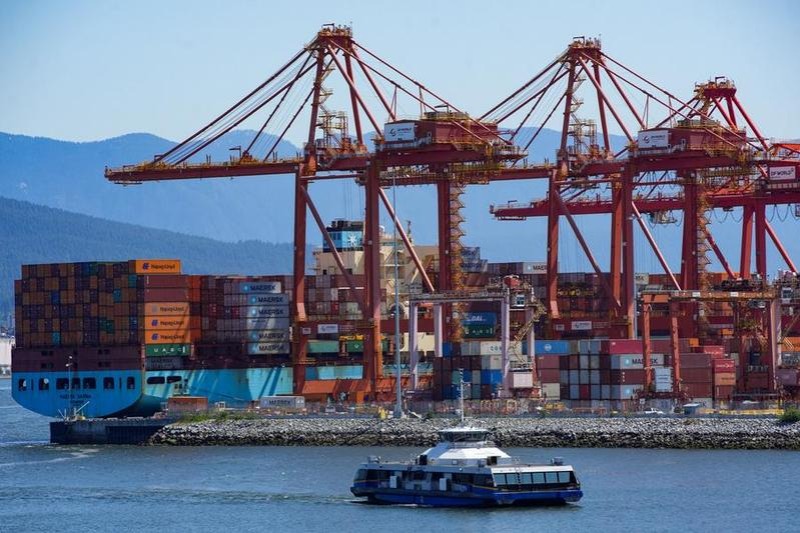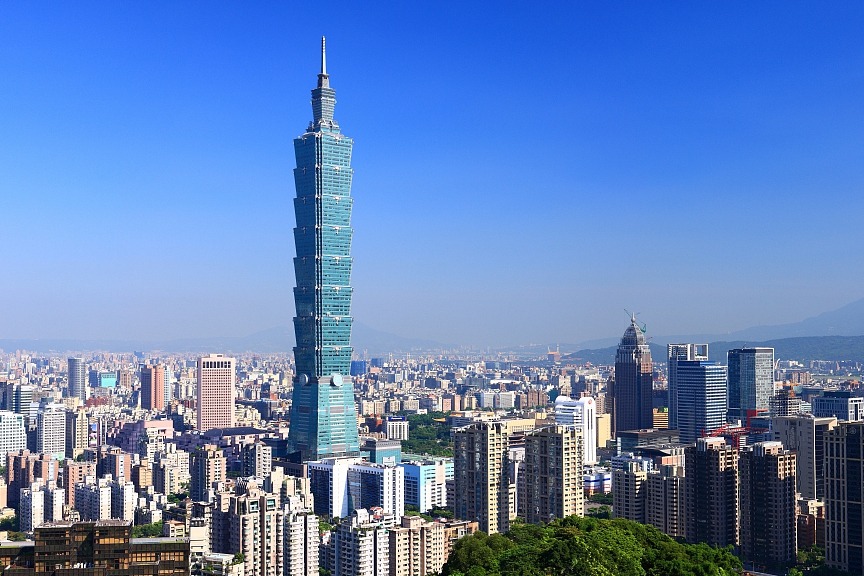Catalyzing sustainable growth in developing world


Modernization is a process — progressive transition from a "traditional" or "pre-modern" to a "modern" society — which affects all of humanity. There is no single paradigm for modernization, though, with the nature and level of modernization being greatly different from one country or culture to another, reflecting their own historical, cultural and economic conditions and the needs of their people for progress.
The modernization of China — a country with over 1.4 billion people — while progressing smoothly has had far-reaching, positive impacts on the world. China's modernization policy, initiated in the late 1970s, represents a transformative endeavor aimed at turning the country into a global economic and technological powerhouse.
The policy can be seen as a transformative effort aimed at maintaining social stability and achieving economic prosperity on the road to realizing national rejuvenation. The policy encompasses various aspects, including economic development, technological advancement, infrastructure improvement, military modernization and poverty alleviation.
The multifaceted approach to achieving modernization China has taken includes deepening reform and opening-up, improving infrastructure, advancing technologies, developing a knowledge — and innovation-driven workforce, and sharpening diplomacy, which stand as a testament to the country's determination to pursue modernization.
China has made unparalleled progress toward realizing modernization. As China continues to evolve, its modernization policy has been serving as a blueprint for sustainable development and a model for other countries aspiring to achieve high-level development.
China's modernization policy is rooted in the country's historical journey. Despite once leading the world in terms of wealth and technologies, China faced setbacks, especially during the two Opium Wars — (1840-42 and 1856-60) — which hindered its economic progress. However, the founding of the People's Republic of China in 1949 provided a fundamental basis for China to pursue modernization. Since then, China has made remarkable achievements in the field, as evidenced from the huge jump in Sino-African trade — from $12.14 million in 1950 to a staggering $282 billion in 2022.
China's relentless pursuit of modernization, driven by its fast-paced economic growth, technological innovations, spread of education and international collaboration, is aimed at realizing the ultimate goal of building a "great modern socialist country" by the middle of the 21st century, and thus significantly contributing to global progress.
China's unique approach to modernization, rooted in socialism with Chinese characteristics, offers an alternative path to socioeconomic development. This approach prioritizes the well-being of its people and emphasizes the harmonious co-existence between humans and nature. This has led to multiple global initiatives and programs that have helped boost economic growth in African and other developing countries.
China's modernization policy is focused on people-centered development, common prosperity, and the peaceful co-existence of humans and nature. Using this approach, China lifted about 800 million people out of poverty since reform and opening-up and built a moderately prosperous society in an all round way in just more than four decades, and looks forward to achieving socialist modernization by 2035 and becoming a "great modern socialist country" by 2050.
Amid all this, Sino-African ties continue to receive positive feedback, highlighted by the significant increase in two-way trade, which has played a pivotal role in China's modernization policy.
The substantial investments China has made in infrastructure projects across Africa reflect its commitment to foster economic development and innovations beyond its borders. And China's agricultural modernization initiative in Africa shows that it recognizes the continent's agricultural potential. No wonder despite the challenges, China plans to enhance agricultural cooperation with Africa on multiple fronts.
Also, China aims to support the development of Africa's agricultural and industry chains through the Common Africa Agro-Parks Program, by engaging in localized production of agricultural inputs and improving productivity. And the Sino-African collaboration on agricultural technology will intensify through joint research centers, focusing on seed varieties and high-yield production.
More important, thanks to the Belt and Road Initiative, China's investments in African countries have increased, including in sectors such as manufacturing, mining, agriculture, telecommunications and energy. These investments have not only created jobs but also contributed to technology transfer, boosting the industrialization process and skill development, and expanding the production capacity.
In fact, the Belt and Road Initiative's focus on economic development aligns with Africa's aspirations for sustainable growth and poverty reduction. By investing in infrastructure and industries, the Belt and Road Initiative has the potential to boost Africa's economic growth, sharpen the country's international competitiveness, improve connectivity and facilitate trade, which could alleviate poverty and raise the living standards of the people.
In other words, China's modernization campaign has been successful in transforming its economy and infrastructure, and there is little doubt that the Belt and Road Initiative has created opportunities for many developing countries, including African countries, to benefit from China's pursuit of modernization. Despite criticisms, the BRI remains a useful platform for promoting international trade, investment, and fostering economic growth.
The author is the executive director of the Africa-China Center for Policy and Advisory. The views don't necessarily reflect those of China Daily.
If you have a specific expertise, or would like to share your thought about our stories, then send us your writings at opinion@chinadaily.com.cn, and comment@chinadaily.com.cn.


































